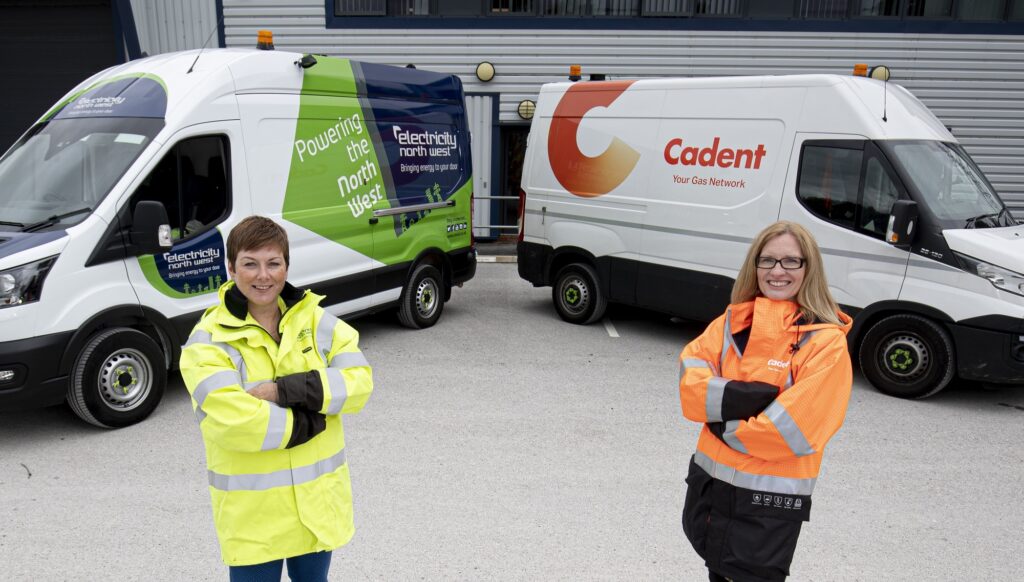Greater Manchester could meet net zero by 2038 but only if it acts now as there is “no room for delay or error”.
This is according to Electricity North West’s new report in collaboration with gas network Cadent, which was produced by Guidehouse for the networks.
It found that Greater Manchester must prioritise ways to use 25% less energy despite its growing population and economy, with energy demand across the Greater Manchester Combined Authority’s (GMCA) 10 districts dropping from 52TWh now to 39TWh in 2038 a possibility.
However, electric vehicles are expected to double peak demand for electricity, with over 10,000 public charging points needing to be installed.
Almost half of all GMCA’s energy demands – 18.7TWh – will be met by electricity in 2038, meaning the network will need increased investment according to the report.
More of this electricity will be generated locally, with a bigger role expected for rooftop solar PV, onshore wind and biofuels.
The report – which has been presented to the Greater Manchester Combined Authority – will inform key decisions that the region will need to make to meet the 2038 ambition, setting out a four-phase journey with each phase lasting 4-5 years.
If the region can tackle energy efficiency – with the report stating that a “huge push” will be needed – as well as replacing fossil duels with zero-carbon hydrogen and use green electricity generated more locally, it has the potential to become an “energy transition lighthouse” for the rest of the UK.
The report found that in the most likely scenario green gases such as hydrogen will be a large feature in 2038 Greater Manchester, coming in at 14TWh of its total energy.
“We need to get this right first-time if Greater Manchester is going to be carbon neutral by 2038 and this report shows it can be done,” Dr Angela Needle, director of strategy at Cadent, said.
Electricity North West’s strategic decarbonisation manager, Helen Boyle, added: “This new report shows how the whole of Greater Manchester can reach net zero but it isn’t easy. It requires investment, continued joined-up thinking and quick action.”





